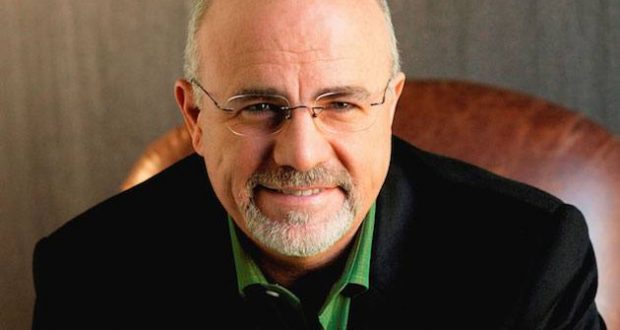Need some financial advice? Debt and income crisis? Pay off the house first? Check cashing? Taxes? Credit Cards? Check out what folks are asking Dave Ramsey.
Play it smart
Dear Dave,
Recently, the garage where I worked for a long time went out of business. I have a lot of my own tools, and I was thinking about taking out a loan of around $20,000 to buy a few extra tools I need to open my own garage. It’s always been a dream of mine to have my own shop, and this seems like the perfect opportunity. What do you think?
Rick
Dear Rick,
I love it when a person has the talent and drive to open their own business, but right now you’re unemployed and looking at going into debt. That’s a bad idea.
You’ll never hear me recommend going into debt to start a business. Did you know most new businesses fail within the first five years due to debt payments? I literally started my company on a card table in my own living room years ago, so I know for a fact you can launch a business without going into debt.
You said you have your own tools, plus you have lots of experience. My advice is to find a place that needs a good mechanic. Then, use the income from a new job to save up for the additional tools you need, and other startup costs associated with opening your own shop.
If you play this smart and start slow, you could have a thriving business on your hands in a few years and no debt to eat up the money you make!
—Dave
Get off the account today!
Dear Dave,
I opened a credit card account with a boyfriend several months ago in both of our names. We’re no longer dating, and I was wondering if I can get my name off the account.
Melody
Dear Melody,
Yes, you can. Call the credit card company right now, and tell them to take your name off the account immediately. Find out if there’s a balance on the card. If there is, and it was charged up while your name was on the account, you’ll still be liable for that amount. They won’t release you from responsibility for those purchases, but you can get off the hook for any future charges.
Then, send them a certified letter—return receipt requested—stating that you are no longer liable for additional charges on the card going forward. It wouldn’t be a bad idea to call them again in a few days to make sure they got the letter, too.
You’re learning a hard lesson here, Melody. You should never open any kind of joint account with someone when you’re not married. And stop using credit cards!
—Dave
Insurance and savings
Dear Dave,
I just realized our insurance has a health savings account (HSA) option. We’ve considered dropping this insurance soon and going to a cheaper Christian medical sharing program. We’ve got about $19,000 in debt between credit cards and a car payment, and we’re on Baby Step 2 of your plan. Our thought was to fund the HSA for a period of time as a means of saving, cancel that policy, then go over to a medical sharing program we found that costs $600 a month less. After that, we would start paying down debt again. What do you think?
Amy
Dear Amy,
There are two components to an HSA, the insurance component and the savings component. You don’t have to participate in the savings component. The insurance component is simply a large deductible, 100 percent coverage after the deductible, cheaper-premium health insurance plan. If I were in Baby Step 2, I would not do the savings component. I would only do the insurance component, or I’d do the medical sharing program.
I’m not sure why you’d need to jump back and forth if you’re going to permanently move to a medical sharing program. I get the idea of saving money, but what you’re talking about isn’t something I’d recommend for someone who’s in debt. I wouldn’t fund a savings account of several thousand dollars only for medical when you’re not even on Baby Step 3, which is saving an emergency fund of three to six months of expenses. That money needs to be used to pay off debt first.
It’s not the end of the world if you don’t fund the HSA portion of your current insurance plan. If you went with a medical sharing program, and just saved up a large emergency fund, the only thing you’d really lose out on is the tax deduction associated with an HSA.
Good question!
—Dave
Be aware of these tax scams
 Metro Voice News Celebrating Faith, Family & Community
Metro Voice News Celebrating Faith, Family & Community









